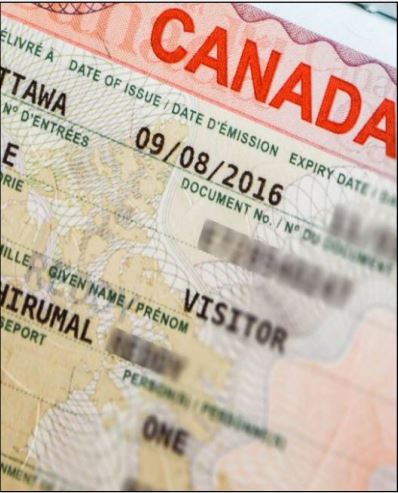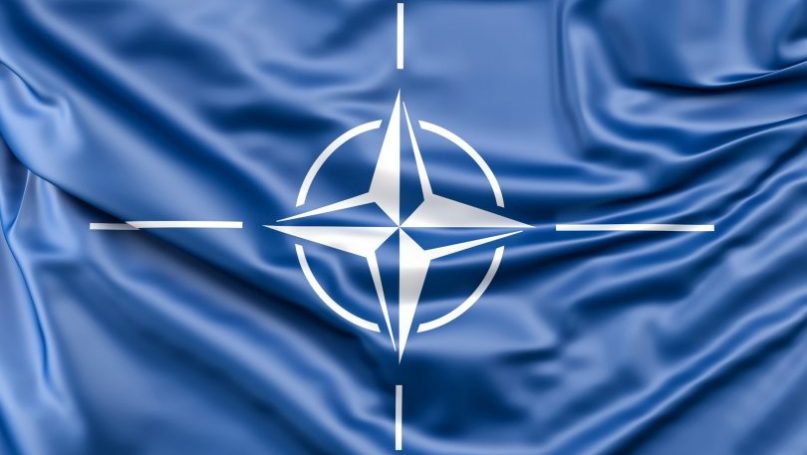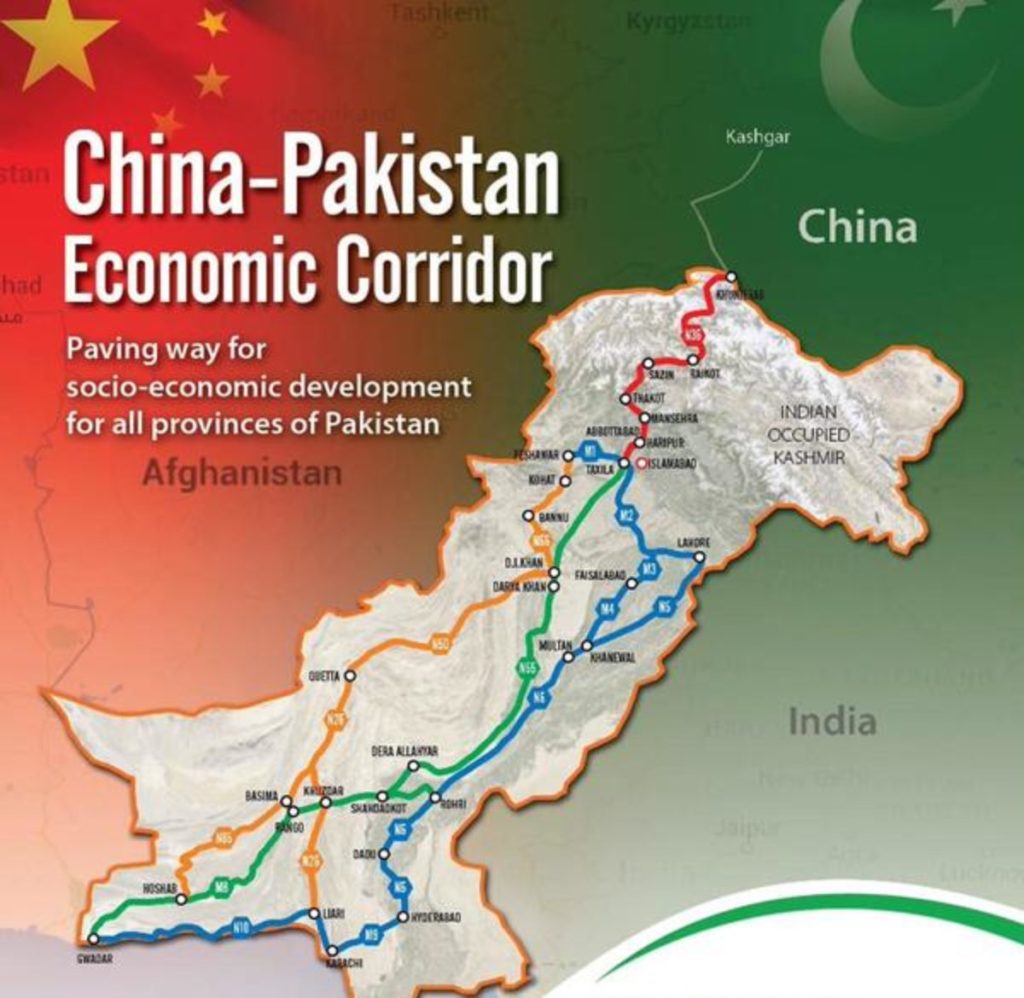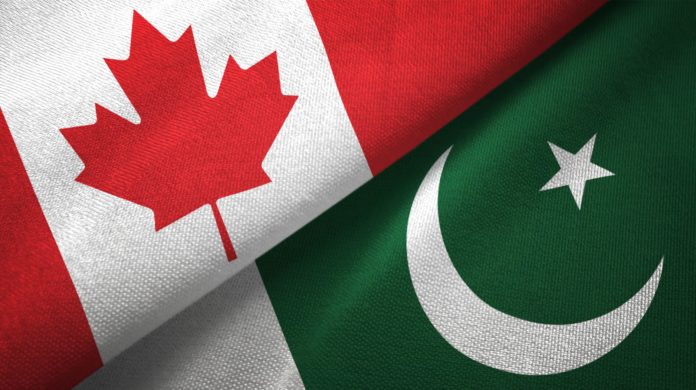Under the auspices of the Karachi Council on Foreign Relations (KCFR), a webinar was held on 24th February, 2022 on “Canada-Pakistan Relations” with Her Excellency Ms. Wendy Gilmour, High Commissioner of Canada to Pakistan.
H.E. Wendy Gilmour: Thank you so very much for the invitation to be with you this morning. We are lucky in Canada to have a vibrant Canadian-Pakistani diaspora that stems back in different ways of immigration over decades. We also have decades of engagement with Pakistan from infrastructure development, dams and hydro power, to our ongoing and deep engagement with civil society organizations and support, primarily of women’s empowerment, health and education.
Over the course of my tenure here, we’ve worked with Pakistan in support of what we had hoped would be a viable peace process in Afghanistan. Canada remains very concerned by events in Afghanistan, and we are hoping that the interim Taliban-led administration will demonstrate they are acting in the interests of the Afghan people, via an inclusive government that values the contribution by 50 percent of the country which is women, and allows education, access to work, and other elements. These are all issues and concerns that Canada shares and discusses with Pakistan regularly, but we spend much of our time here, trying to engage and work with the people and develop relationships with new and upcoming generations of leaders.
Canada is very aware and concerned about the impact human driven climate change is having on our globe, Pakistan is, of course one of the top five countries impacted by climate change. I got an opportunity to see and engage with northern people, the fact Pakistan’s northern regions, like Canada’s northern regions are warming at two times of the rest of the world, and that requires adaptation, it requires a degree of resilience that is always so present in communities.
We’ve seen sort of stagnant growth in trade and investment relations, which is directly related to curtailing international travel, to the disruption in global supply chains, but I am hopeful and optimistic that this will improve in the years ahead. Canada and Pakistan have a very traditional trading relationship, we have about over a billion dollars in two-way trade. Primarily in commodities, agriculture, softwood lumber and logs, in leather goods going in the Canadian direction, scrap metal coming from Canada. Increasingly we are seeing the development of trade in services, and really that’s where the future of our trading relationship lies. We’ve seen some successful Canadian companies enter Pakistan to take advantage of English-speaking, educated software engineers and other specialists. We also see tremendous potential in renewable energy, and clean technologies.

Question & Answer Session
Question: We could provide support to Afghanistan in developing and strengthening of Technical Vocational education and Training (TVT), coordinated amongst Pakistan, Canada and Afghanistan.
H.E Wendy Gilmour: We see potential in the cooperation with Pakistan in support of the people of Afghanistan. Humanitarian support is moving right at the moment, there is a tremendous need in education and health in particular. Canada is constrained from engaging with the interim administration because the Taliban are still listed as a terrorist entity under Canadian law. Our support must go directly to the Afghan people.
Question: There is a little discrimination in giving student visas for Canada, as compared to India. And second, When do you think the negative travel advisory to Pakistan will be lifted?

H.E. Wendy Gilmour: The perception about discriminatory treatment in the visa process is not the correct. Every application is considered on its own merit, based on the information that is received in the applicant’s file. The Canadian government wants more students from Pakistan to go to Canada, it is one of my performance indicators for the delivery of the mandate of my High Commission. Canada established a program for many countries, including Pakistan i.e. the Student Direct Stream for students accepted to a qualified university which is on the website, who have the means to show financial support while they’re in Canada, in the shape of a guaranteed investment certificate in a Canadian bank that can only be drawn by the student.
On the second question, there was an unfortunate flurry of media attention to the Canadian travel advisory about a month ago showing that it had been updated, when in fact the only thing updated was a global travel advisory related to COVID. This was the same for all countries. Pakistan has an overall advisory of exercising caution, which is akin to the overall advisory for the vast majority of countries, including in Europe. Many of you would agree with me, what we have done with the Pakistan travel advice is in order to achieve this level of exercise, is that we have been very precise with respect to different parts of the country.
Question:. Russia wants a guarantee that NATO will not get Ukraine as a member, at least for another 30 years or 50 years. What prevents western powers from guaranteeing to not give membership to Ukraine? On the subject of Ukraine’s sovereignty, may I politely ask, where was the sovereignty of Iraq, invaded by the USA without provocation?

H.E. Wendy Gilmour: My perspective is different. It is important that we all have an opportunity to speak about our perspectives, and frankly the more dialogue there is the less opportunity for outright conflict.
NATO is an institution governed by and established through the Washington Treaty, an alliance of like-minded countries joined together for mutual defense. It is not directed at any particular bloc, it is not an offensive or expeditionary organization, it is designed to protect its member states. With the end of the Cold War and breakup of the Soviet Union, many nations demonstrated their commitment to these principles, and sought to join NATO; NATO enlarged to include them. We are an alliance, which also has an ongoing partnership with Pakistan, including in military education. Russia’s choice to pursue, to invade its neighbor, a sovereign country, Ukraine, demonstrates importance of like-minded countries getting together to exercise their collective defense. There are many different views in this respect, but I believe it is very important to underline the importance under international law to be good citizens, to respect territorial integrity and sovereignty, and to engage in dialogue in disputes.
Regarding Iraq, I would just make note Canada can only be responsible for its own actions and we chose with the government of Prime Minister Chrétien not to participate in Iraq’s 2003 invasion, because international law did not support it.
Commodore (R) Sadeed Malik: May I now request our Chairman for his concluding remarks.

KCFR Chairman Mr. Ikram Sehgal: Excellency, first of all let me thank you for having given a good discourse, a good presentation on things as they are, particularly between Pakistan and Canada, and Canadian perspective about Pakistan and what is happening in the world today. There are some things we cannot change, we cannot change our neighbors, we live in a very dangerous neighborhood and we have problems. We have a disputed problem about Jammu and Kashmir, we’ve had till very recently a problem because of the war in Afghanistan, which is continuing in a different fashion now. Because of the Shia-Sunni divide and the problems between Arab countries and Iran, we are walking a tightrope, we have been walking a tightrope all along, whether a regional tightrope or an international tightrope. As you know, we were an essential part of the shield against communism, and Pakistan, Iran and Turkey became part of the Baghdad Pact, ultimately became CENTO and when that broke up, stayed as part of the Regional Cooperation Development, which ultimately became the Economic Cooperation Organization. We were part of South Asia till you know everybody ganged up against us for a few years, now things are changing, but because of that we felt part of South Asia, we are a part of the Middle East and not a part of the Middle East right. So ultimately because of the North-South Corridor, people talk about the China-Pakistan Economic Corridor, they forget the North South Corridor which comes through the Central Asian States to Pakistan, and ends in Gwadar. But may I remind you Excellency, you put us to these standards but you don’t hold India to those standards. Can you go and visit Jammu and Kashmir, can you go and visit Assam, can you go and visit the seven sisters Nagaland, Mizoram, etc? You cannot, because of permissions, etc. And that began from the last 70 years, not from yesterday or day before yesterday. People have to see things as they are, and be practical. I think we in the end, value our relationship with Canada.

You mentioned Reqo Dik with the second largest copper and gold reserve in the world, you know when once the Reqo Dik problem is solved we would love to have mining investment from Canada. Because that is our strength, that is the raw material, second largest copper and gold reserves in the world we have. Obviously we will require Canadian investment and Canadian technology.
Thank you.




